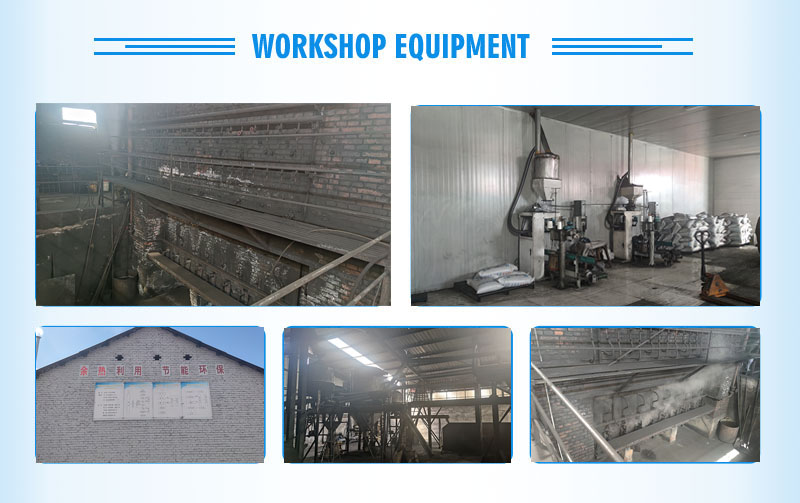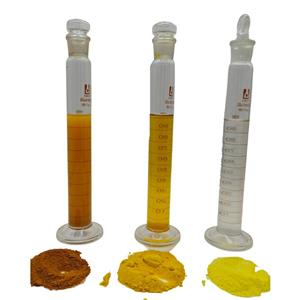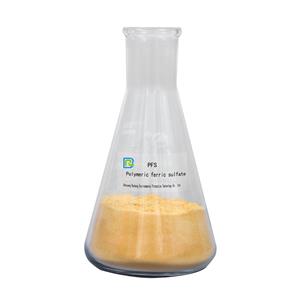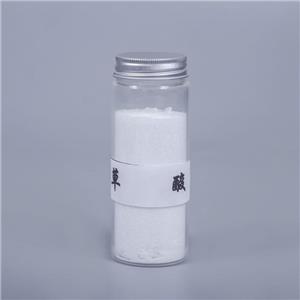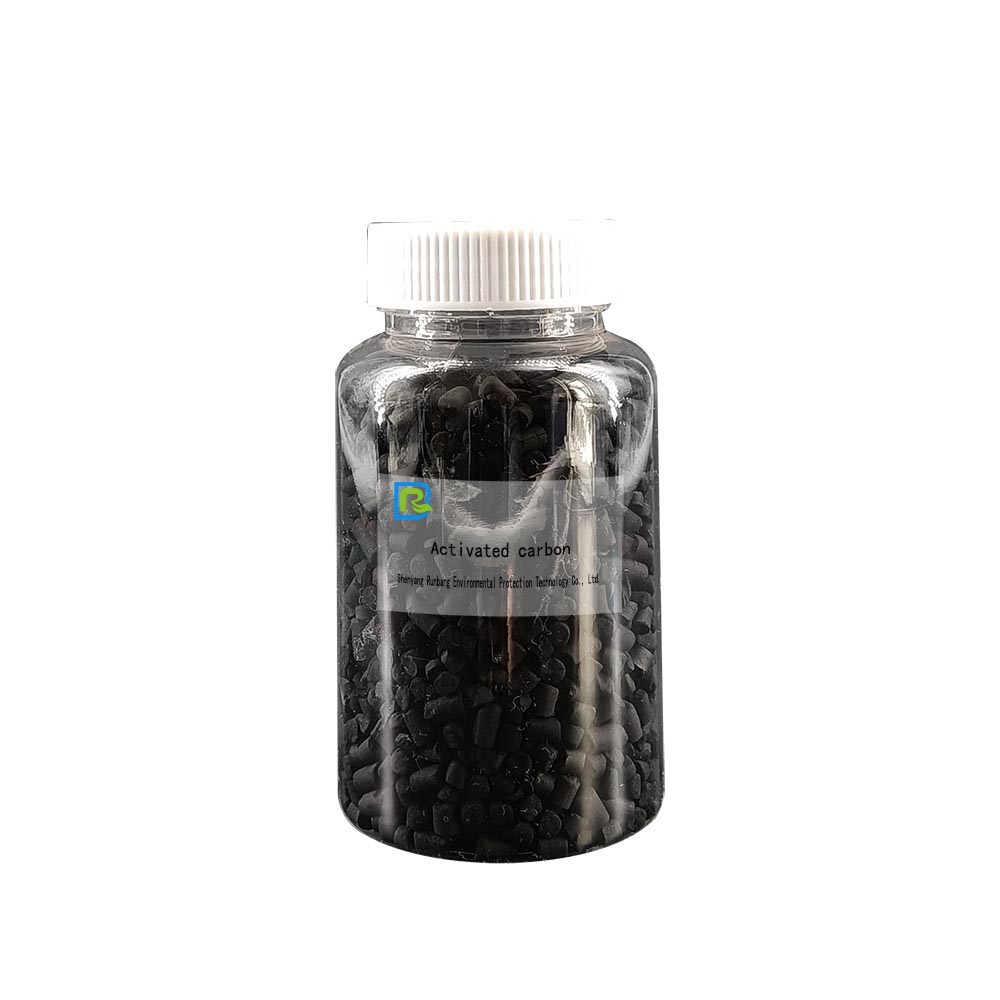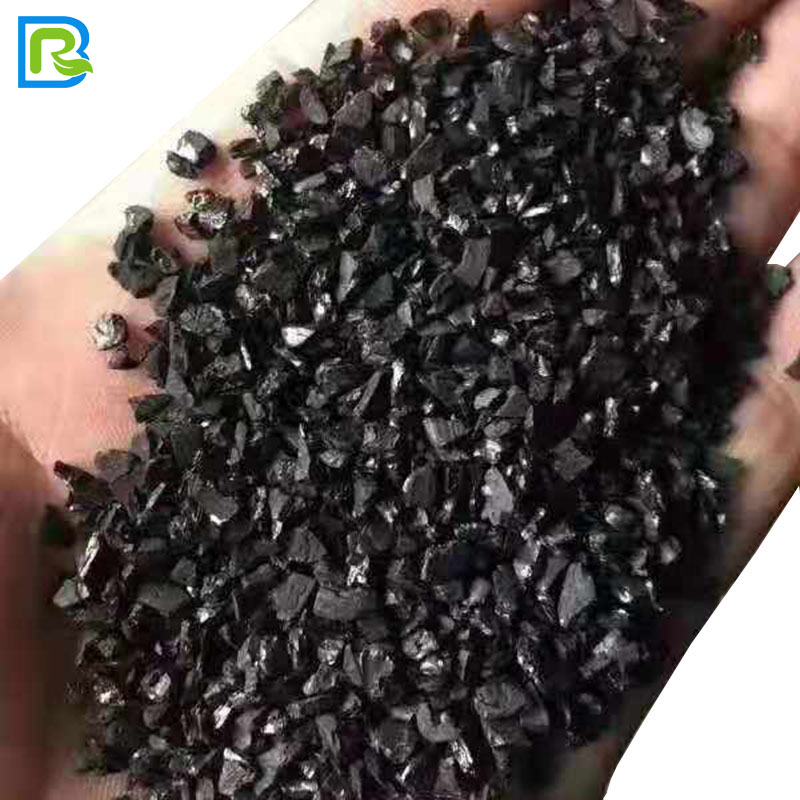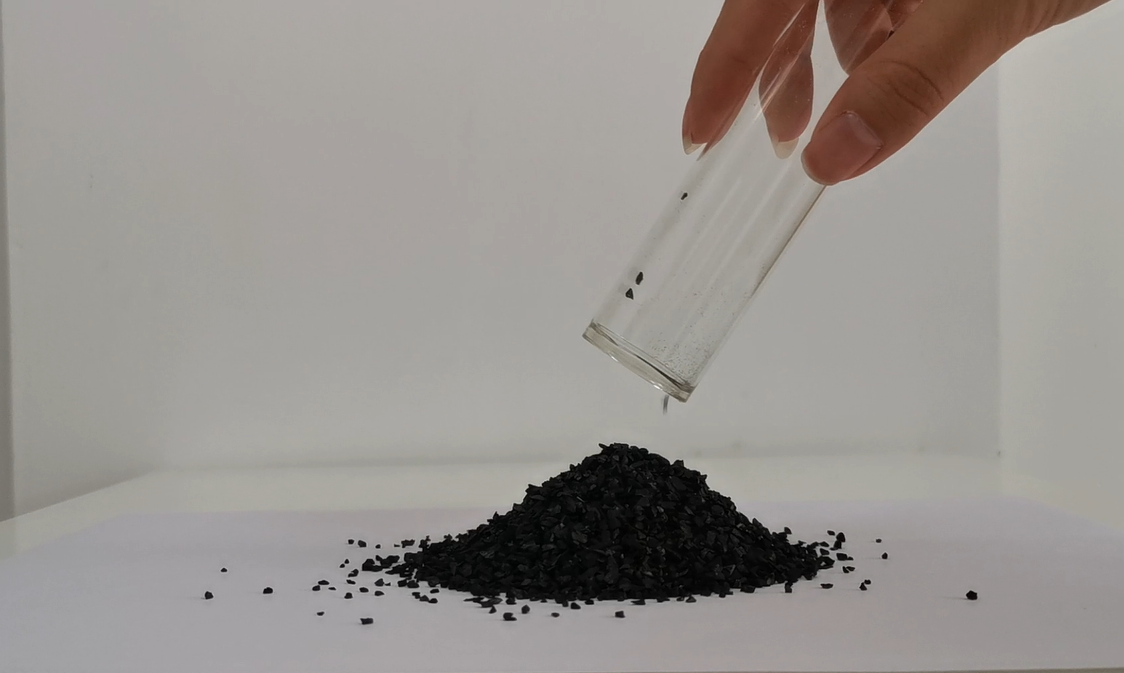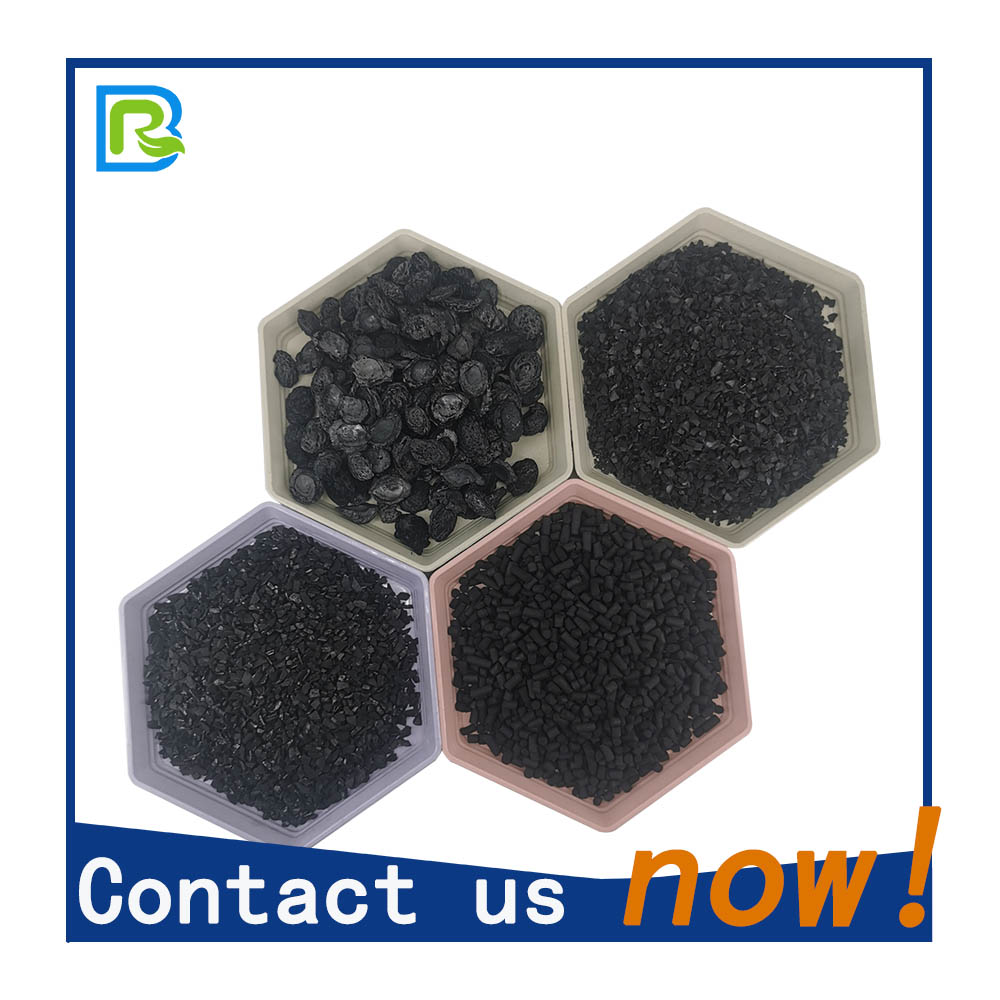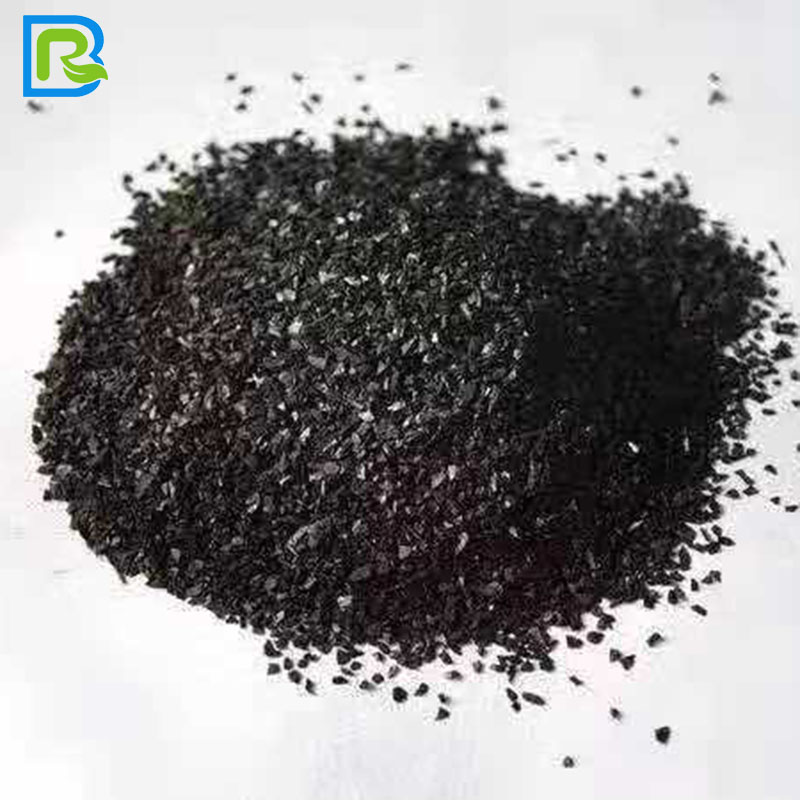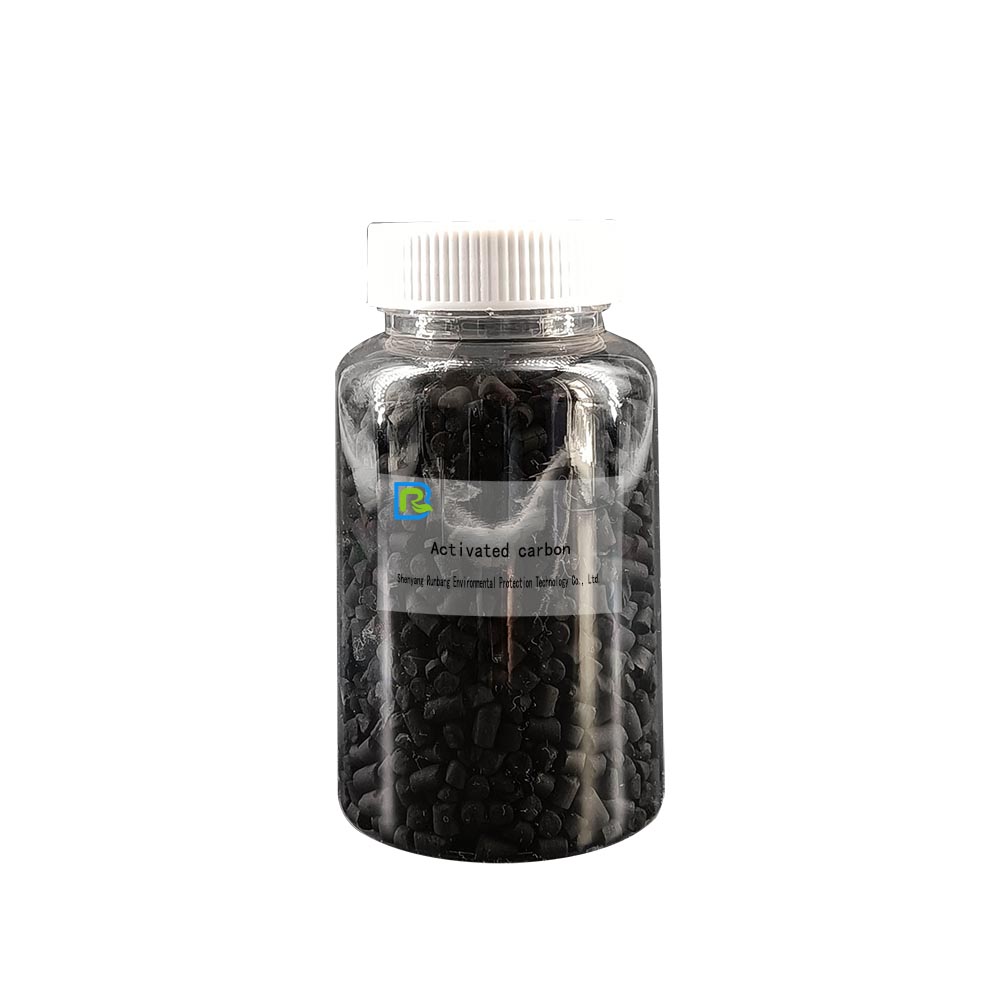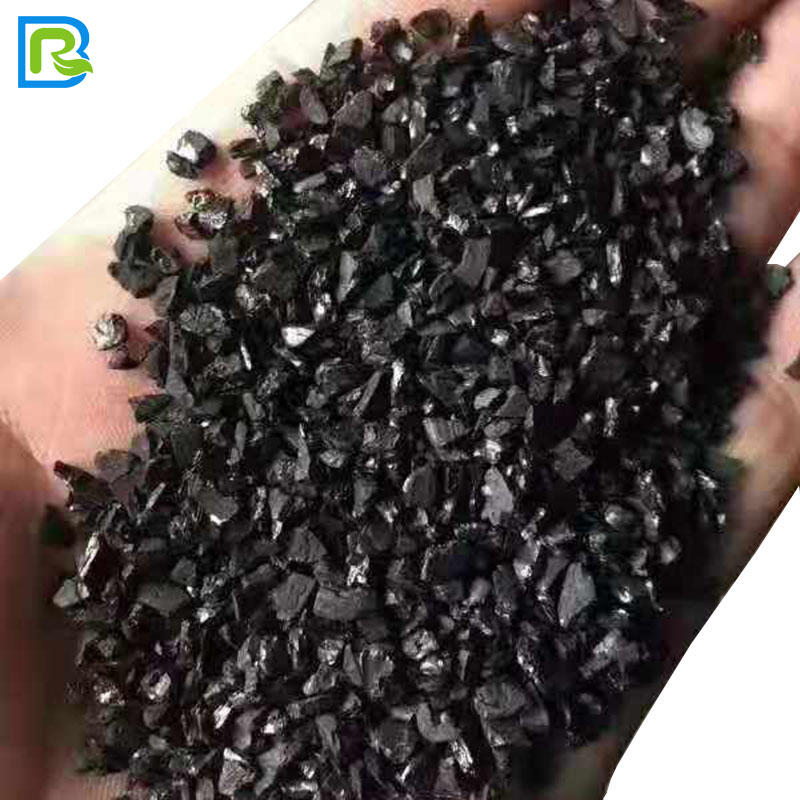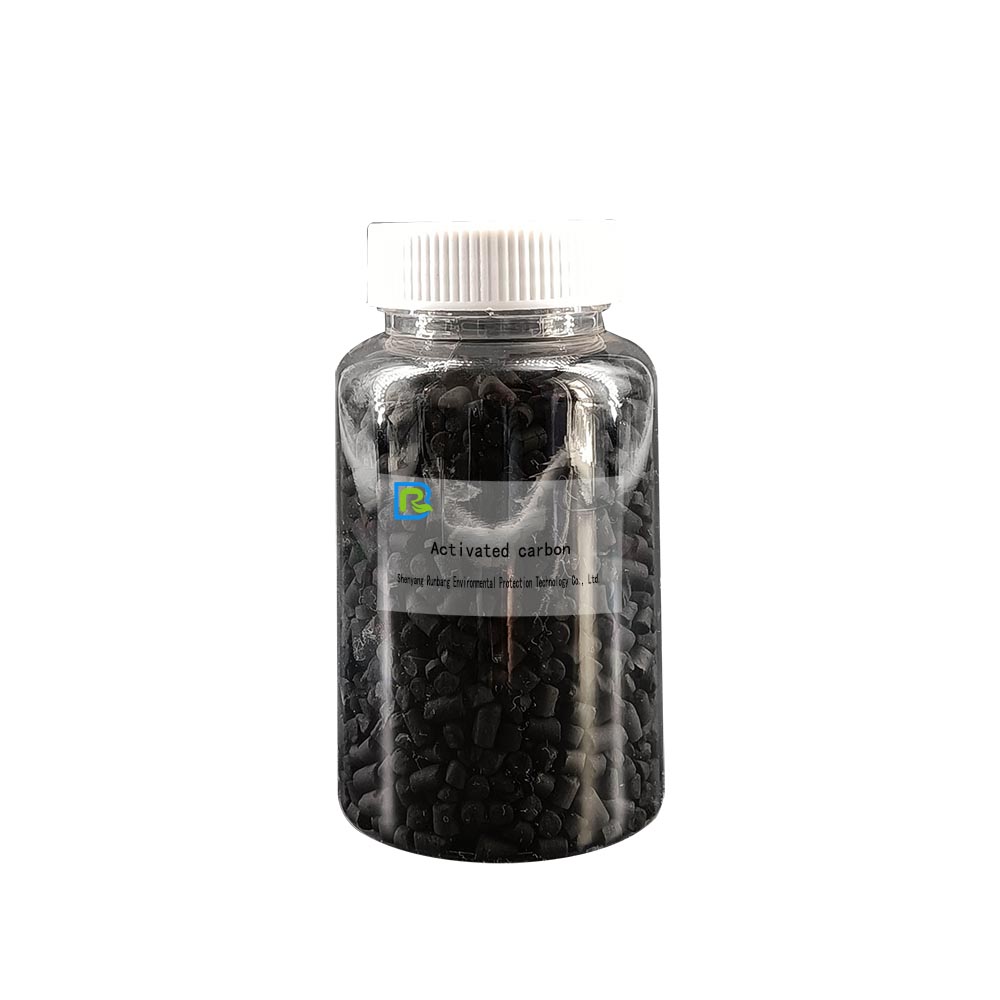
Coconut shell activated carbon
Brand Rainbon
Product origin henan/hebei
Delivery time 3-5days
Supply capacity 1000tons/mouth
Activated carbon is a specially treated carbon material created through carbonization and activation processes using organic raw materials. It possesses a highly porous structure with numerous small pores on its surface. With an impressive surface area of 500-1500 square meters per gram, activated carbon exhibits exceptional adsorption capabilities. This property makes it widely used in various applications, including air purification, water treatment, chemical removal, decolorization, and medical applications. Activated carbon is an efficient and renewable material that is environmentally friendly, contributing to the enhancement of quality of life.
Product Features
Activated carbon adsorption refers to the use of the solid surface of activated carbon
to remove one or more substances in water for the purpose of water purification.
The adsorption capacity of activated carbon depends on its pore size and structure.
In general, smaller particles and faster pore diffusion rate result in stronger adsorption capacity.
Adsorption capacity and adsorption rate are the main indicators of the adsorption process.
Adsorption capacity is measured by the amount of adsorption,
while adsorption rate refers to the amount adsorbed per unit weight of adsorbent per unit time.
In water treatment, the adsorption rate determines the contact time of the adsorbent with
the effluent.
Industry Outlook
Coconut shell has a natural structure that allows it to form a well-developed microporous structure,
creating a large effective adsorption surface area. Research shows that each gram
of coconut shell activated carbon has a surface area of about 500-1500 square meters.
Coconut shell activated carbon is rich in high fiber, high density, and capillary pores that are
uniformly distributed, making it ideal for air and drinking water purification.
Additionally, it can be used to extract gasoline from natural gas, purify kerosene,
acetylene and kerosene, filter toxic gases, and manufacture dry batteries and cigarette filters.
Coconut shell activated carbon is also used for decolorization, refinement, deodorization,
disinfection, and purification in industries such as sugar, pharmaceuticals, chemicals, food,
reagents, brewing, and environmental protection.
On one hand, environmental pollution has become a global problem,
leading to an increased use of activated carbon in air and water purification.
On the other hand, while overall economic growth has slowed down,
the industrial industry continues to expand, resulting in an increased demand
for activated carbon.
Raw material display
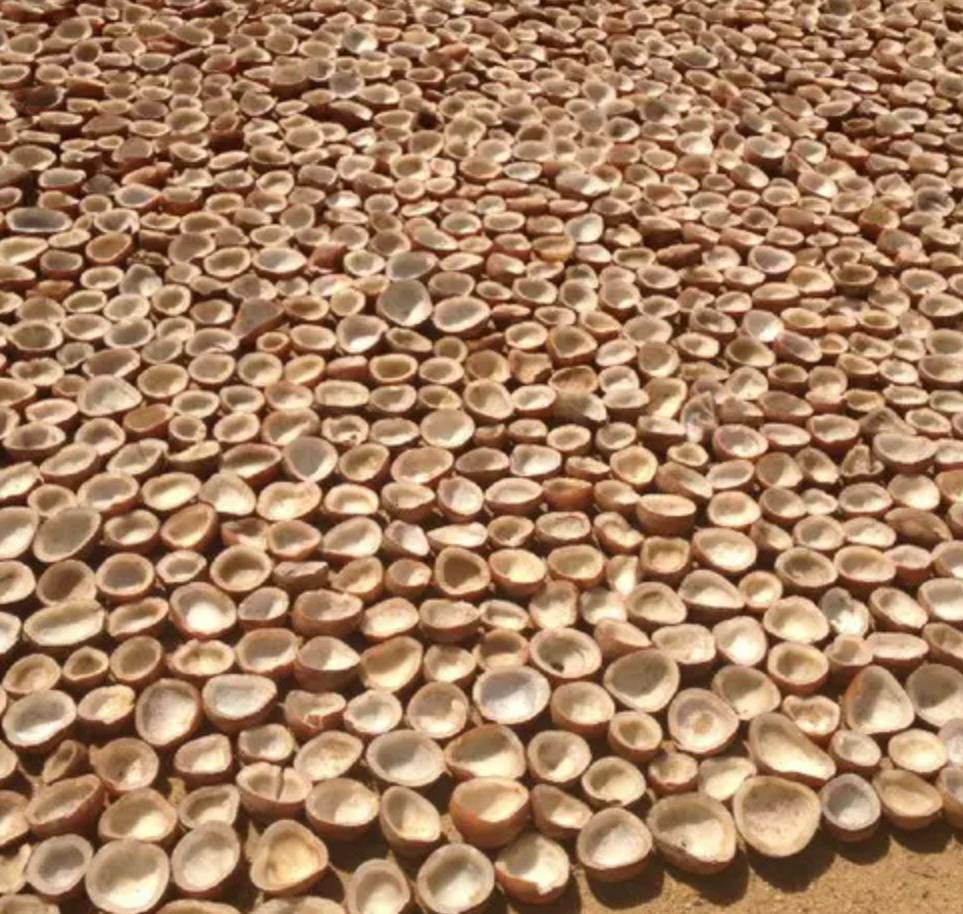
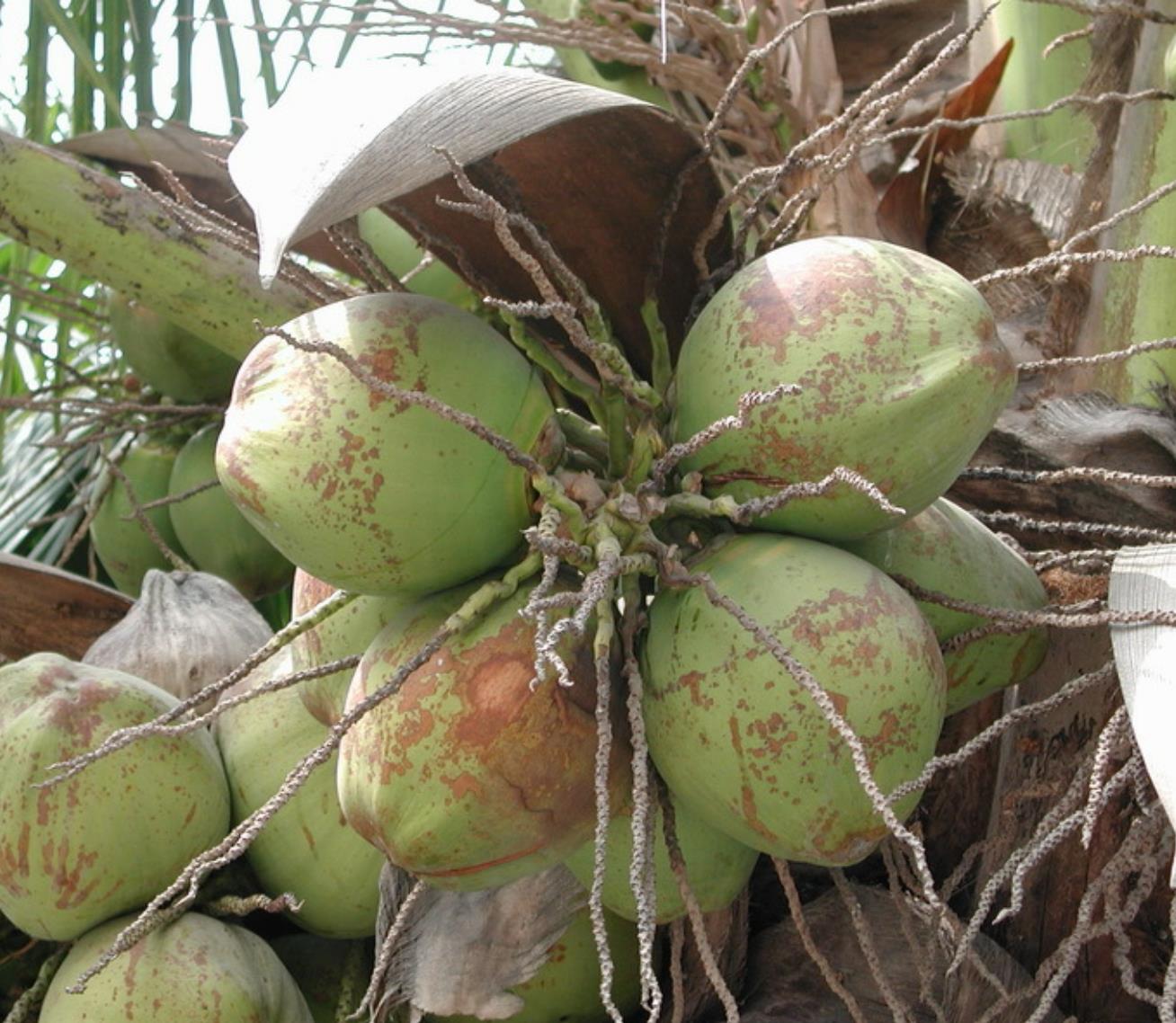
Production workshop
